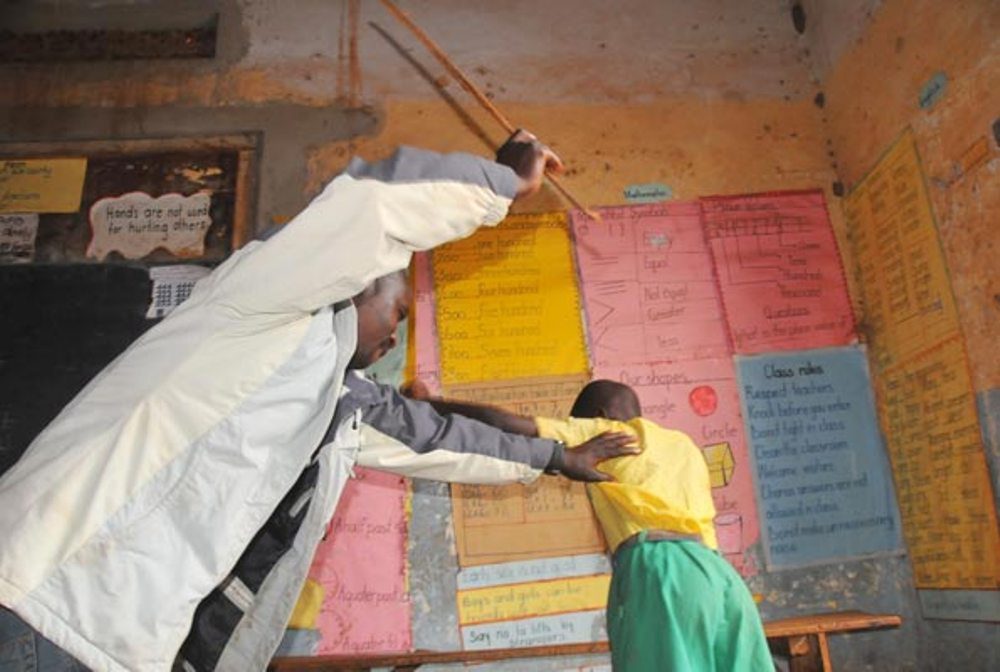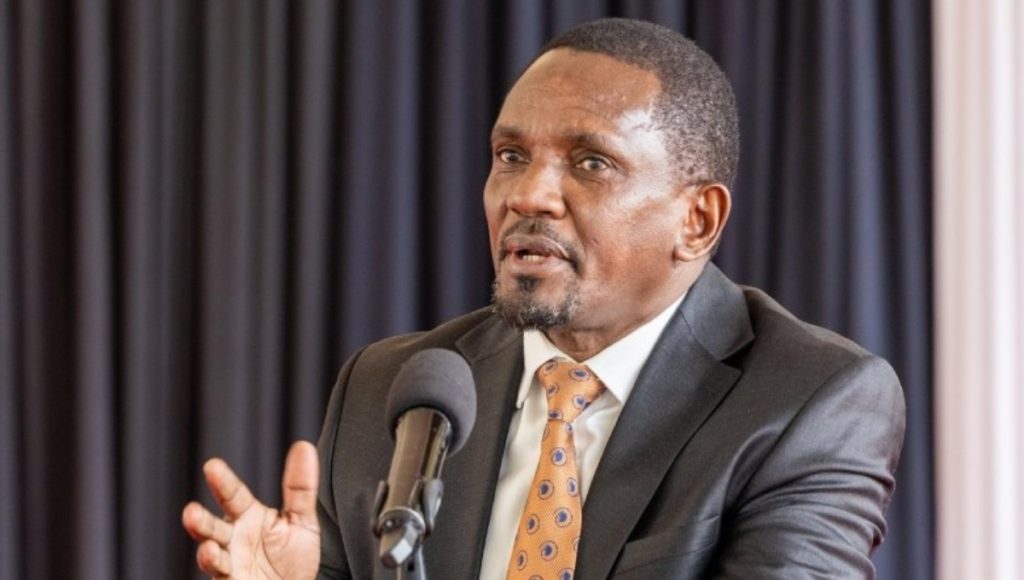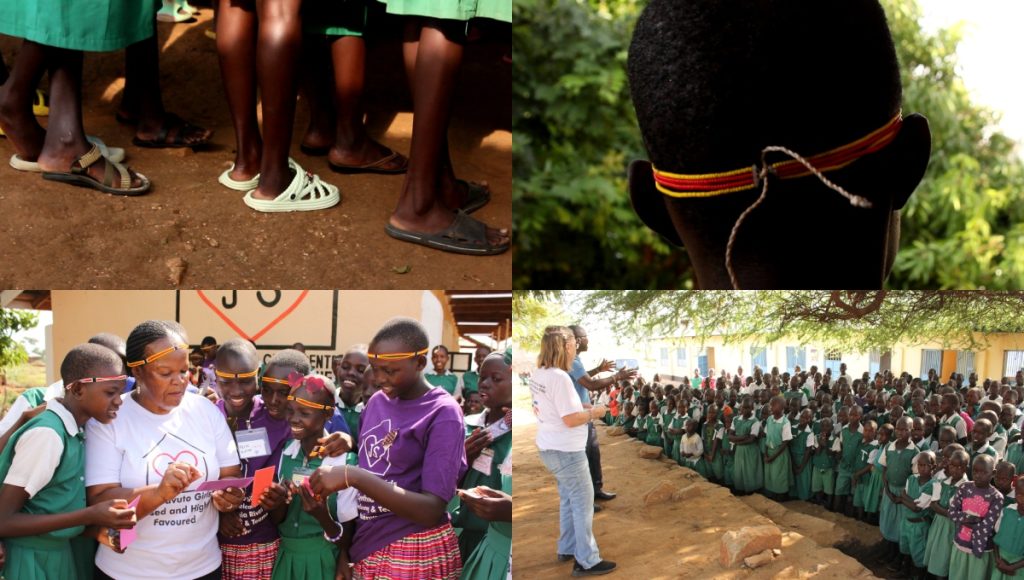I still remember the sharp crack of the cane, my classmates’ gasp, and the sting that seemed endless. We lay there, backs bared as one, waiting for the punishment that was meant to “correct” us. It was brutal and unfair, yet it became a ritual of fear that left scars deeper than skin wounds.
But what if I told you those painful moments were not just cruel but also harmed our health in ways we never knew? What if the very system that promised to shape us was actually harming us?
Today, Kenya stands at the forefront of a global movement rejecting corporal punishment. This shift comes amid a powerful revelation: corporal punishment is not just a disciplinary issue it’s a pressing public health crisis affecting billions of children worldwide.
For the first time in 78 years, the World Health Assembly addressed corporal punishment as a global public health issue. The WHO recognizes it as a serious threat to children’s physical and mental wellbeing, development, and relationships.
Corporal punishment, especially against children, causes immediate injuries and long-term psychological damage.
Research links it to anxiety, depression, lower academic achievement, and increased aggression. The fear and trauma it generates often undermine trust between children and adults, harming the very foundations of learning and growth.
Kenya is proud to be among the 68 countries worldwide that have banned corporal punishment in schools. The Children Act of 2001 legally protects Kenyan children from physical punishment, aligning with international standards such as the Convention on the Rights of the Child.
But the ban isn’t just about laws. Studies and experience have shown that positive discipline like counseling, restorative justice, and rewards for good behavior works better. These approaches teach children to understand their mistakes without fear or pain, nurturing emotional growth and respect.
Teachers today no longer need to rely on fear to maintain order. They foster classrooms built on respect and understanding. Parents and communities have become more aware of children’s rights and actively support safer, more supportive learning environments.
Though we laugh now at the dramatic memories of cane punishment, we must recognize the deep harm it caused. The World Health Assembly urges the global community to join Kenya and other nations in banning corporal punishment altogether. Our children deserve schools that build character through care, not cruelty.
As Kenya leads this change, the world must embrace discipline that empowers children, making schools safe spaces for growth and hope.













